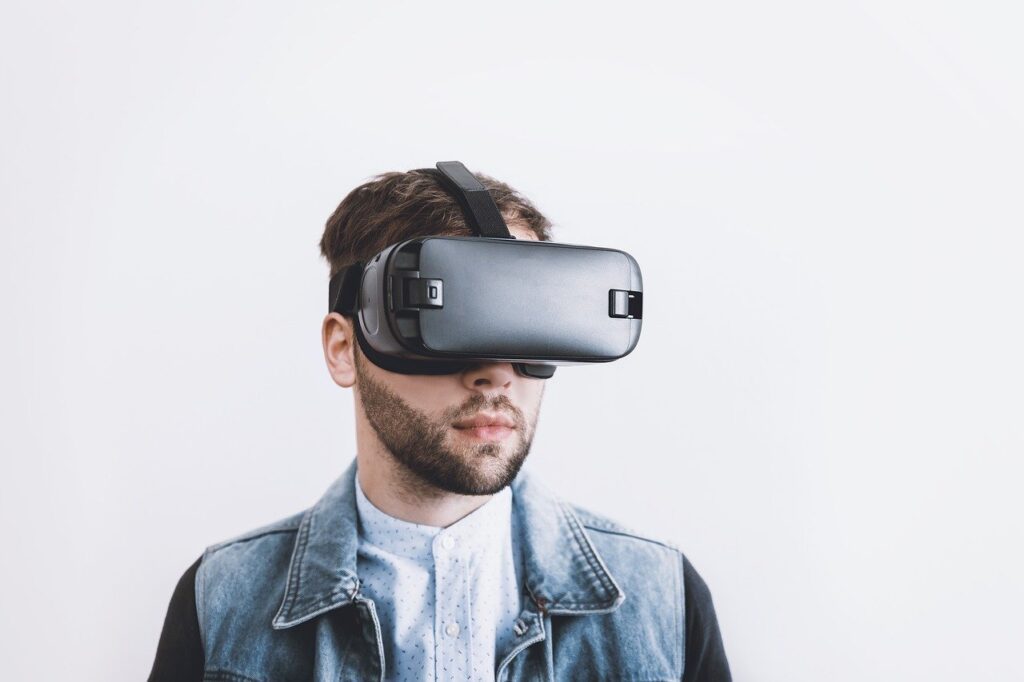According to a story from Parkinson’s News Today, a small-scale study suggests that Virtual Reality (VR) gaming could be a useful and effective form of exercise for people living with mild to moderate Parkinson’s disease. Some other studies have found limitations to the use of videogames in older people in Parkinson’s patients, but with instruction from a physiotherapist and in a “fully immersive environment,” the feedback from patients was positive.
About Parkinson’s Disease
Parkinson’s disease is a type of long-term, progressive, degenerative illness that affects the central nervous system. Symptoms tend to develop over a period of years and primarily affect the movement ability and mental state of the patient. The cause of Parkinson’s disease remains a mystery, although there are a number of risk factors that have been identified. These factors include head injuries, pesticide exposure, and certain genetic variants and mutations. About 15 percent of patients have a close relative with the disease, suggesting some genetic connection. Symptoms include slowed movements, poor coordination, trouble walking, shaking, stiffness, abnormal posture, depression, anxiety, inhibited thinking, hallucinations, and dementia. Treatment may involve a number of medications, rehabilitation, and surgical operations. Survival rate varies, but most patients survive around a decade after getting diagnosed. To learn more about Parkinson’s disease, click here.
One patient said afterword that “it motivates me to do exercise.”
Another called it “The best experience I’ve had to date.”
VR Gaming as a Therapy Tool
While VR can have some limitations, the researchers believe that their findings indicate that it could be a useful addition to the therapeutic and rehabilitation toolkit. Its effectiveness could also be increased due to higher treatment adherence and adaptability to a specific patient’s needs. In the past, video games have been used in Parkinson’s disease and appear to improve cognition and coordination. However, VR’s more immersive headset display and gives greater versatility for patients with varying levels of capability.
The study included four participants in total who were playing the game BOX VR. This game presented a number of scenarios for the player which required manipulating objects in the environment as well as balance exercises. Overall, the participants reported their experience as positive and there were no adverse effects. These findings are encouraging, but the next step will require conducting a similar study with a much larger group of patients.
Check out the full study text here.








